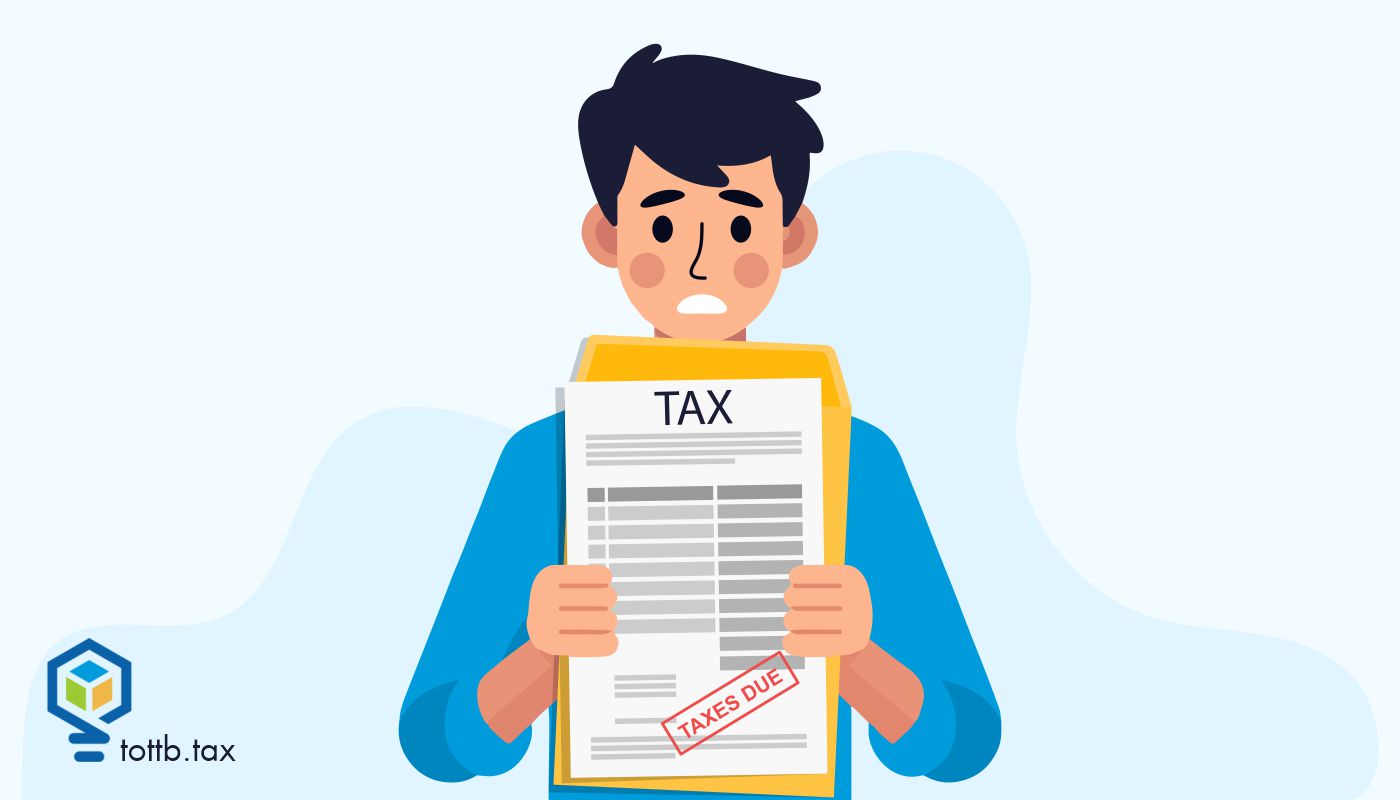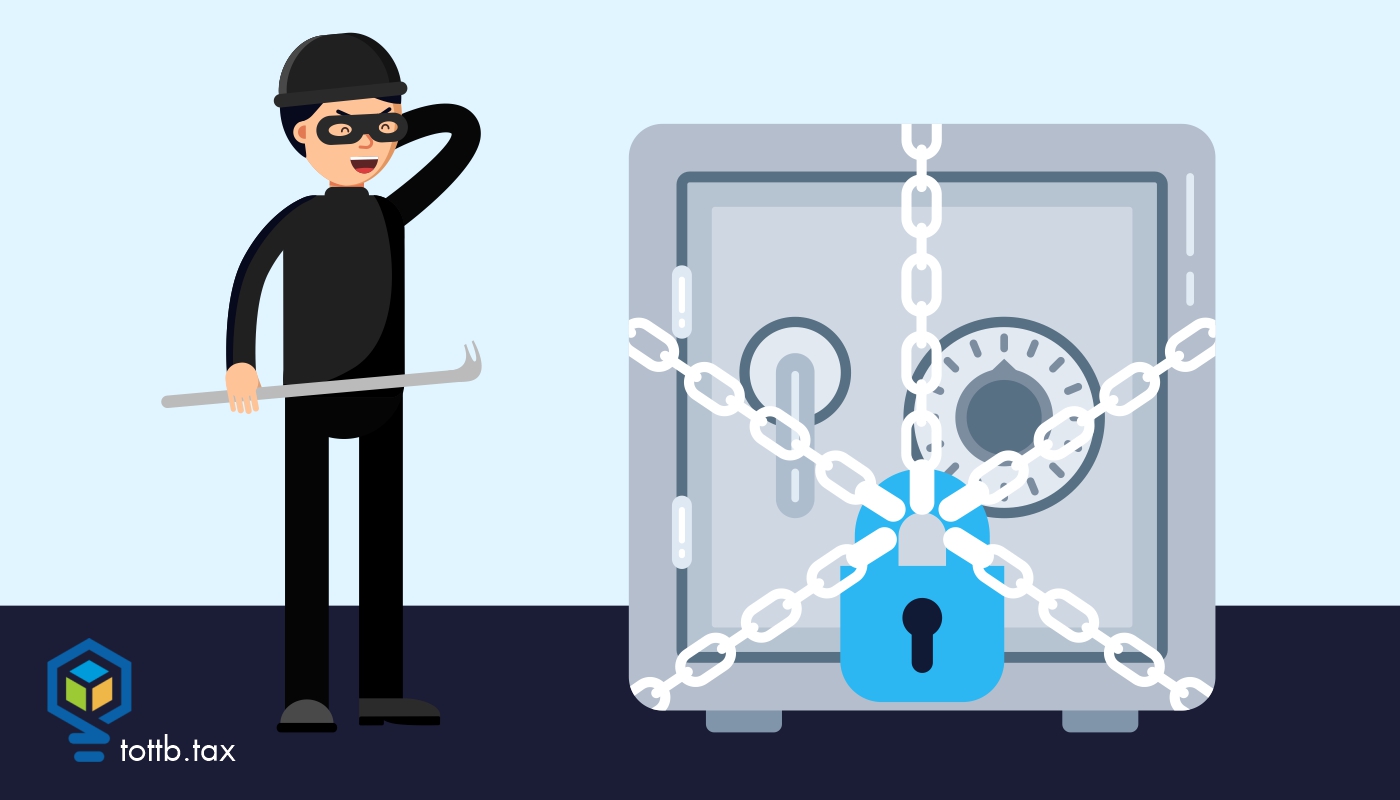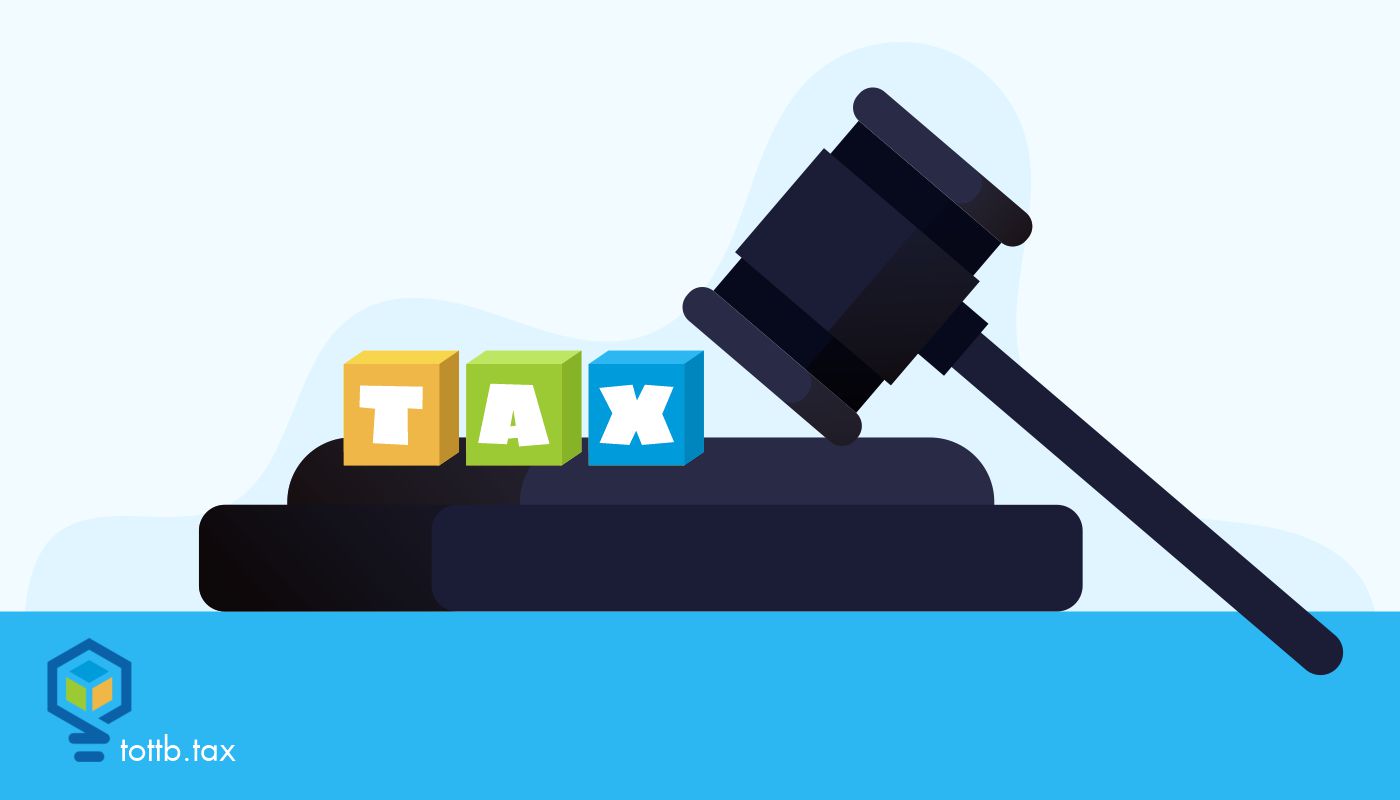Are you aware of your responsibilities when it comes to securing data? Do you know what your software vendor is doing with your data—and, more importantly, your client’s data? Signing up for a new service or software is often done without any thought of the consequences to the data that you are legally required to protect. The average tax professional uses many different types of software and services when working with a client. Many tax pros are unaware that this often requires consent to be obtained prior to using their client’s information and that failure to do so can result in significant fines and even criminal penalties.

Lessons Learned from the Tax Court: The Root of the Issue
When is a business really a business? As Supreme Court Justice Potter Stewart said in 1964, “I know it when I see it.” The US Tax Court, however, maintains a slightly less subjective standard. The Roots were pretty sure they were running a bona fide business; the IRS, however, didn’t share the sentiment. And since we’re reading about them in a segment called “Lessons Learned,” one should assume it did not go the way the Roots would have liked.






